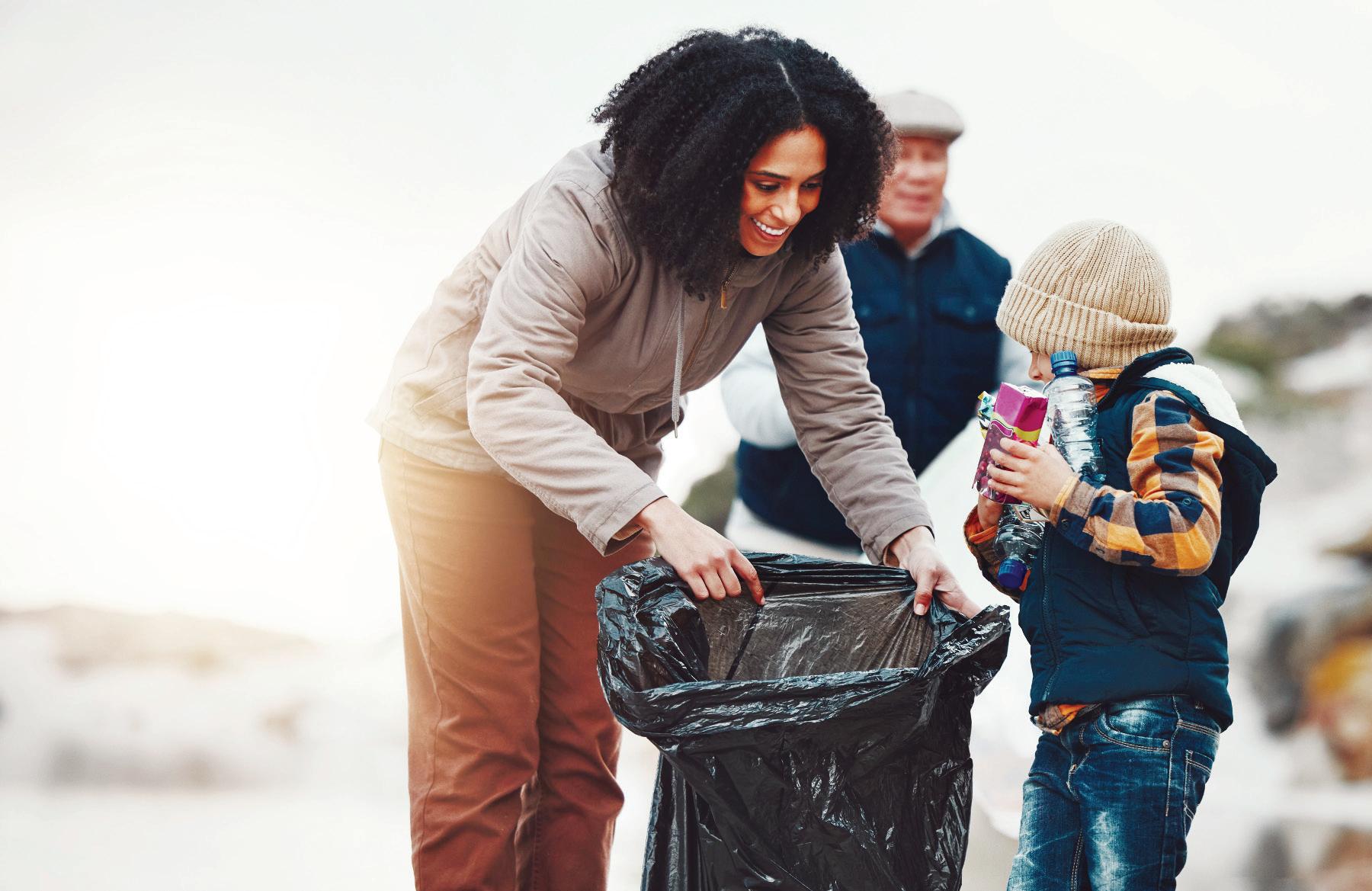
1 minute read
3 Ways People Of All Ages Can Make The Most Of International Youth Day
(Continued From Page 04)
The power of volunteering is apparent when considering Daily Point of Light Award honoree Nate Buescher, a high schooler who prepares food for a local food pantry and distributes home-cooked meals to tent cities around Chicago.
Buescher began fighting food insecurity at age 7 with the Honeycomb Project. Today, he mentors younger volunteers while maintaining his own service projects.
Voice
The youth voice is vital, pointing us to which concerns are most important to future world leaders and helping broaden perspectives.
Use your voice to advocate for causes you care about by posting on social media, attending a rally or contacting a government leader. Adults can amplify youth voices by sharing with their networks, or organizing forums for youth to be seen and heard.
Seventeen-year-old Daily Point of Light Award honoree Maanit Goel used his voice when organizing a rally of fellow activists on the Washington State Capitol steps to support legislation protecting the Chinook salmon and orca populations.
He also regularly addresses state legislators, and travels statewide to speak to K-12 students about environmental issues.
Listen and Learn
Social justice and environmental issues are nuanced, involving many people with different perspectives shaped by their own experiences. Listening and learning is one way to honor others’ lived experiences and get a fuller scope of an issue.
Young people can commit to thor- oughly researching causes they care about, talking to those working toward solutions and holding space for those impacted.
Adults can connect with the young people in their lives, inviting dialogue that allows for sharing different perspectives and finding common ground.
These are the driving ideas behind the work of high schooler Kristie To, who became a leading force in Asian American racial justice when she founded Hearts Against Hate.
Among the initiatives of her nonprofit is distributing Asian history and Asian American Pacific Islander civil rights curriculum to children.
“Cultural sensitivity starts with exposure, and that’s what we’re trying to do with these elementary schoolers,” says To.
To learn about other avenues for social engagement, check out the Points of Light Civic Circle by visiting pointsoflight.org/civic-circle.
“There are many formal channels for civic engagement, but simple actions make a difference too,” says Quest.
“Whether it’s carrying groceries in for a neighbor or donating books to the library, the important thing is to get started when you see a need in your community.” (StatePoint)









